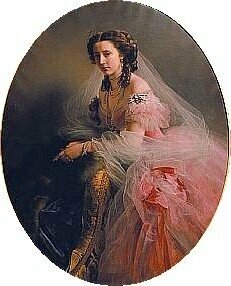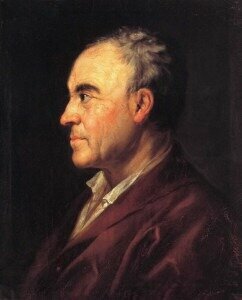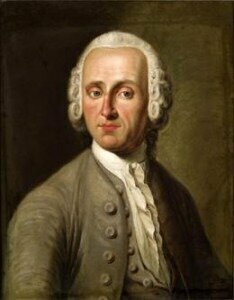
Princess Anna Amalia of Prussia
Throughout his 30 years of service to Frederick II, King of Prussia, Carl Philipp Emanuel Bach was never able to gain recognition as a leading composer and virtuoso at court. In fact, Frederick took great delight in slighting and reprimanding C.P.E. whenever possible. In stark contrast, Frederick’s youngest sister, Princess Anna Amalia of Prussia, who owned an extensive music collection and fancied herself a composer, enthusiastically appreciated C.P.E.’s compositions. Under the direction of her court composer Johann Philipp Kirnberger, C.P.E.’s music was frequently performed at Anna Amalia’s court, and she even bestowed a title of honorary orchestra director upon him.
Yet Emanuel’s best friends were not found among the court musicians in Potsdam, but rather in the literary and commercial circles of Berlin. Modeled on debating clubs in England, the so-called “Monday Club of Berlin” became the gathering place of philosophers, playwrights, poets and members of the banking establishment. Social, political and aesthetical issues were hotly debated in intellectual exchanges that took place at C.P.E. Bach’s apartment in the house of the publisher Georg Ludwig Winter. C.P.E. established long lasting friendships with Karl Wilhelm Ramler, Gotthold Ephraim Lessing, Christian Gottfried Krause and Johann Georg Sulzer.

Johann Georg Sulzer
C.P.E. also maintained regular contacts with Moses Mendelssohn—grandfather of Felix Mendelssohn—the founder of German popular philosophy and one of the central figures of the Enlightenment.

Johann Fürchtegott Gellert
C.P.E. was well aware that discussing the current spiritual, philosophical and artistic trends might be further stimulated by a good bottle of wine. That’s how he probably met Johanna Maria, daughter of the Berlin wine merchant Danneman. One thing led to another, and the couple married at the beginning of 1744.

